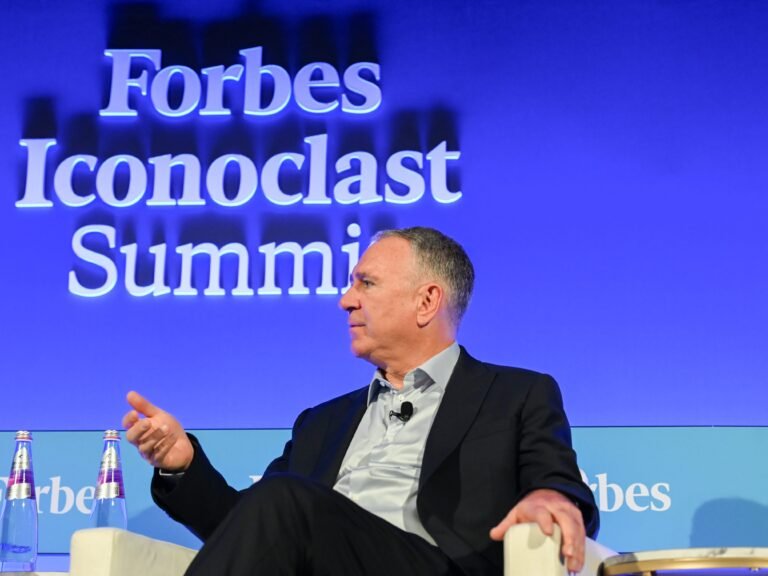
Bolt
- Bolt’s CEO said he’s ending unlimited PTO at the company.
- CEO Ryan Breslow said undefined PTO policies mean “the good ones don’t take PTO” and “the bad ones take too much.”
- Instead, Bolt employees will get four mandatory paid weeks off, the CEO said.
“It sounds progressive, but it’s totally broken.” That’s how Bolt’s CEO described unlimited paid time off while saying he had just “killed” the policy at the company.
On Tuesday, CEO Ryan Breslow said that the San Francisco-based checkout and payments technology company would instead move to a PTO policy that offered four paid weeks off.
“When time off is undefined, the good ones don’t take PTO. The bad ones take too much,” the CEO wrote in a message shared to his LinkedIn profile. “This leads to A-performer burnout. B-performer luxuries. And feelings of unfairness across the board.”
“So we’re flipping the script: no more confusion. Every Bolter now gets 4 weeks of paid vacation (yes, the traditional corporate standard), with the opportunity to accrue more with tenure. Not optional,” Breslow added. “We mandate everyone take all 4 weeks off.”
Unlimited PTO is a perk that a growing number of companies have offered over the last decade. Studies in recent years have examined the perk and its impact on the number of paid days off employees take.
A survey from HR platform Namely found that in 2022, employees with unlimited PTO policies took 12.09 days off per year, on average, compared to 11.36 days for their peers with a PTO limit. Similarly, a survey by Expedia found that, compared to the national average in the US, those with unlimited PTO took 3.5 more days off on average in 2022.
However, a 2022 report from job search site Joblist found that full-time US employees with unlimited PTO took an average of 10 days off, compared to an average of 11 paid days off work across all vacation policies.
A common criticism of an unlimited vacation time policy is that, without the guidance of a set number of days, employees can be unsure how much PTO to take.
“We believe a team executing at the pace and scale we do deserves real, protected time off, not vague promises,” a Bolt spokesperson told Business Insider. “When we saw in our own data that our A-players weren’t taking enough time away, we knew we had to fix it.”
Bolt, founded in 2014, has raised $957.5 million as of January 2024, according to PitchBook data. In June, the company announced a partnership with Klarna, which will see Klarna’s payment plans offered in Bolt’s checkout devices.
“If we’re asking people to move fast, build hard, and operate at the highest level, we need to protect their recovery time with the same intensity,” Breslow said. “Execution requires clarity. That applies to PTO, too.”


